What retirees and soon-to-be retirees don't know about their pension system could hurt them.
The notion that transparency creates accountability and makes for better outcomes is the driving force behind the Global Pension Transparency Benchmark (GPTB) study conducted in tandem by top1000funds.com, a Sydney, Australia-based news and analysis site for large institutional investors, and CEM Benchmarking, an investment benchmarking company headquartered in Toronto.
The study ranks 15 nations based on the public disclosures of the five largest pension fund organizations within each country. These organizations included direct benefit pension funds, direct contribution pension funds, reserve funds and sovereighn pension funds.
The GPTB study focused on the transparency and quality of public disclosures, with "quality" relating to the completeness, clarity, information value and comparability of disclosures. That entailed reviewing websites, annual reports, financial statements and related public documentation. In all, the study analyzed 14,100 data points. From this admixture came an overall country benchmark for each of the 15 nations included in the ranking. The scores are based on four factors: governance and organization; performance; costs; and responsible investing. The end result is that the U.S. ranks on the low side, though it was tops in performance.
Here, in ascending order, are how the 15 nations in the study rank based on key public disclosures of their largest pension fund organizations:
15. Mexico
Mexico reformed its pension system in 1997 and instituted a fully funded, private and mandatory defined contribution system, the GPTB reported. Mexico ranked 15th in cost, 15th in governance, 14th in performance, and 15th in responsible investment. Mexican funds ranked 15th globally, with an average country score of 25.
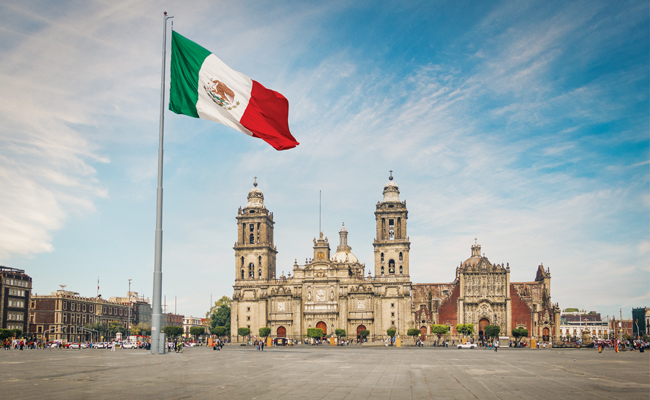
14. Chile
In 1981, Chile introduced a mandatory defined contribution pension system known as the “Chilean Model,” which many other Latin American countries, including Mexico, have since adopted, top1000funds.com said. Chile ranked 12th in cost, nineth in governance, 13th in performance, and 14th in responsible investment. Chilean funds ranked 14th globally, with an average country score of 38.
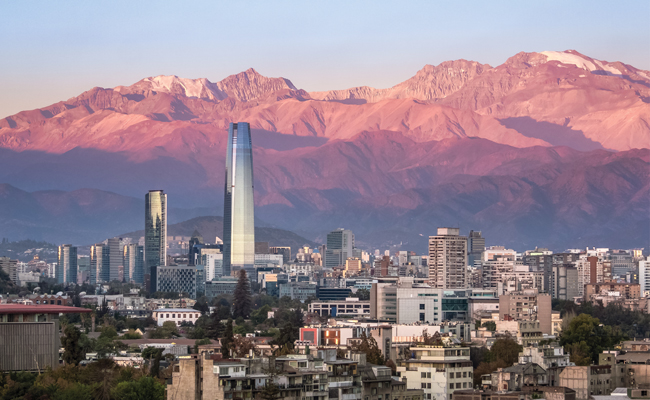
13. Japan
Japan ranked 13th in cost, 14th in governance, eighth in performance, and 12th in responsible government. Japanese funds ranked 13th globally, with an average country score of 39.

12. Brazil
Brazil has the oldest employer-sponsored pension system in Latin America, top1000funds.com said. Brazil ranked sixth in cost, 12th in governance, 15th in performance, and 13th in responsible investment. Brazilian funds ranked 12th globally, with an average country score of 43.

11. Norway
Norway ranked tenth in cost, tenth in governance, ninth in performance, and sixth in responsible investment. Norwegian funds ranked 11th globally, with an average country score of 51.

10. Switzerland
Switzerland ranked fourth in cost, 13th in governance, fifth in performance, and 11th in responsible investing. Swiss funds ranked tenth globally, with an average country score of 52.

9. United States
Because American pension plans are highly regulated, the nation’s fund disclosures scored well, top1000funds.com said. The U.S. ranked 11th in cost, 11th for governance, first in performance, and tenth in responsible investing. U.S. funds ranked ninth globally, with an average country score of 52.

8. South Africa
South Africa ranked ninth in cost, sixth in governance, eleventh in performance, and ninth in responsible investment. South African funds ranked eighth globally, with an average country score of 53.

7. Finland
Finland ranked 14th in cost, seventh in governance, seventh in performance, and fifth in responsible investment. Finnish funds ranked seventh globally, with an average country score of 53.
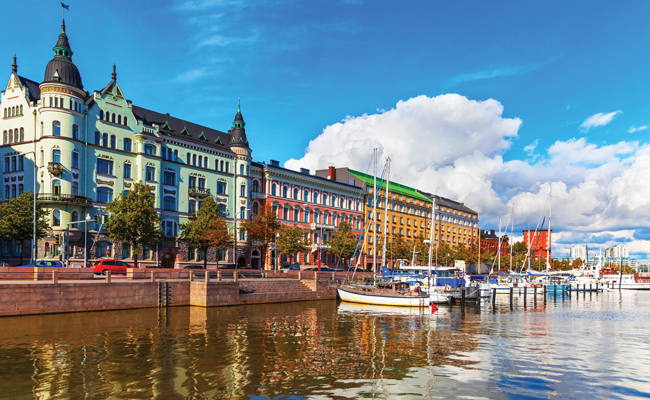
6. United Kingdom
The U.K. ranked seventh in cost, fifth in governance, tenth in performance, and seventh in responsible government. U.K. funds ranked sixth globally, with an average country score of 58.

5. Denmark
Denmark ranked eighth in cost, fourth in governance, 12th in performance, and third in responsible investment. Danish funds ranked fifth globally, with an average country score of 59.
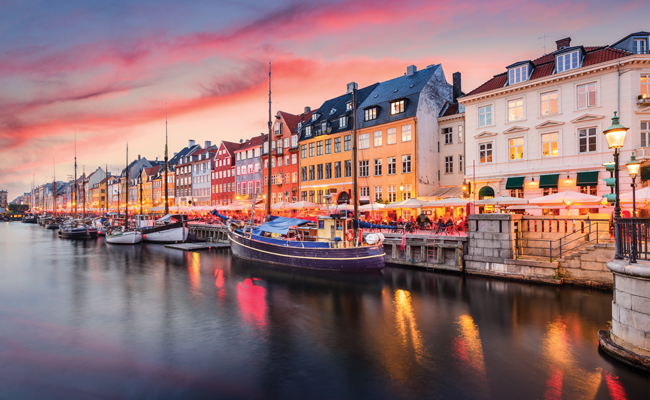
4. Australia
In 1992, Australia introduced a compulsory superannuation system, requiring all workers to make a minimum defined contribution to it, top1000funds said. Australia ranked third in cost, second in governance, fourth in performance, and eighth in responsible investment. Australian funds ranked fourth globally, with an average country score of 65.
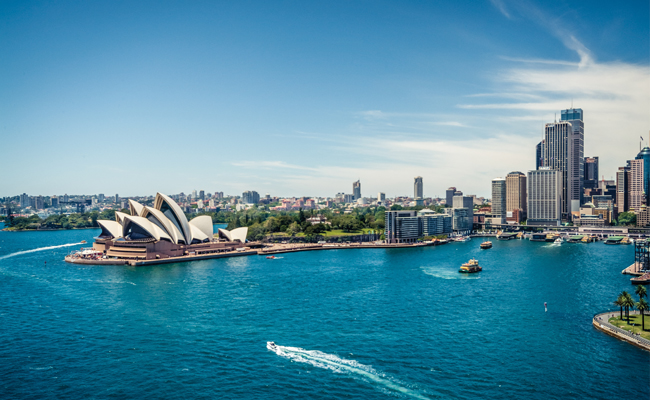
3. Sweden
Sweden ranked fifth in cost, third in governance, third in performance, and first in responsible investment. Swedish funds ranked third globally, with an average country score of 69.

2. The Netherlands
The Dutch pension system is considered to be one of the best in the world, top1000funds.com said. The Netherlands ranked first in cost, eighth in governance, sixth in performance, and second in responsible investment. Dutch funds ranked second globally, with an average country score of 70.

1. Canada
Canadian funds excelled at engaging their shareholders in order to communicate important information in annual reports, top1000funds said. Canada ranked second in cost, first in governance, second in performance, and fourth in responsible investment. Canadian funds ranked first globally, with an average country score of 74.
